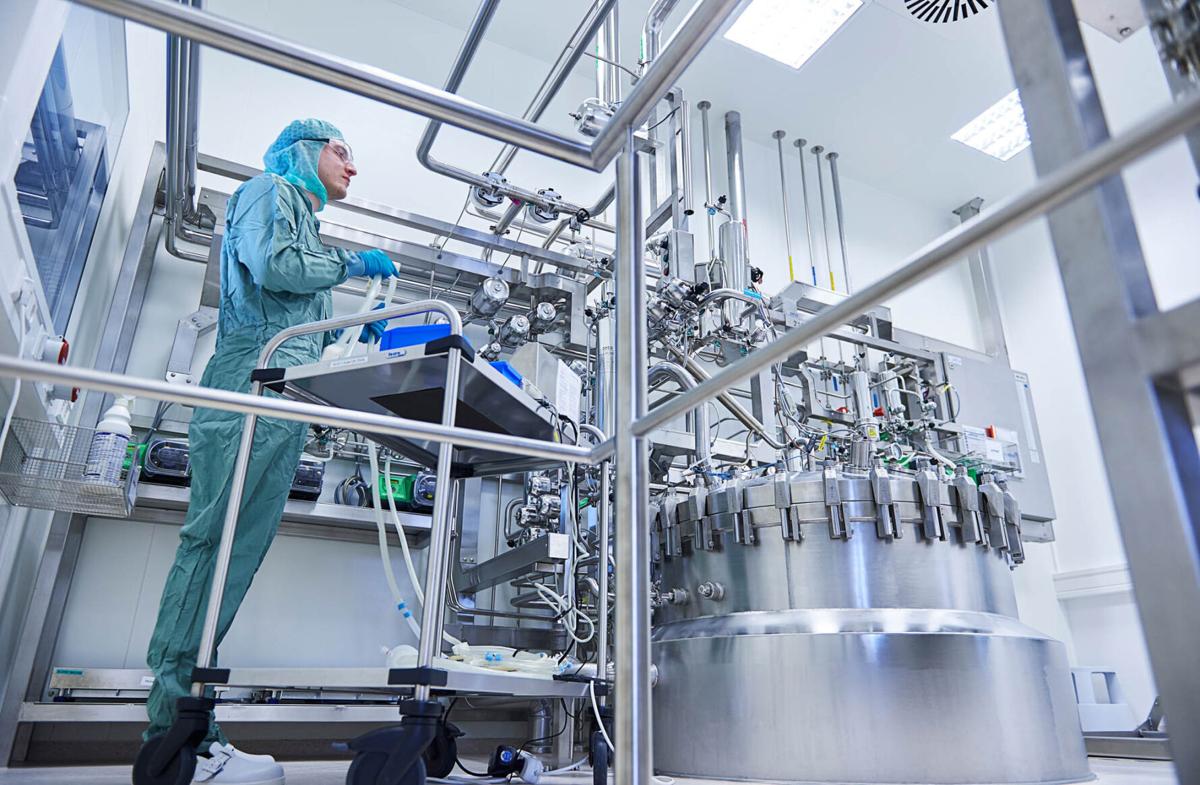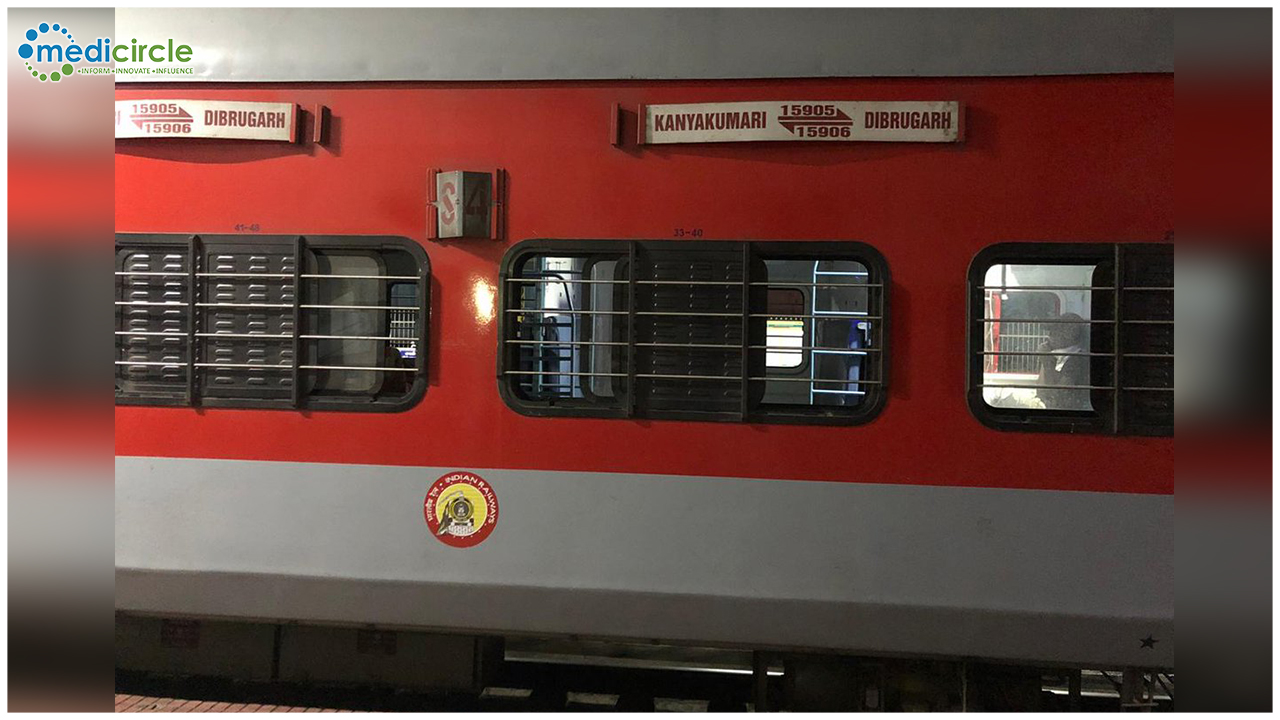As India races to reopen its schools, colleges and education institutions, easier and cost-effective tests for Covid-19 are the need of the hour. A team of scientists at the Multidisciplinary Centre for Advanced Research and Studies (MCRAS) in Jamia Millia Islamia (JMI) University have developed an RNA extraction free saliva-based detection technology for Covid-19.
The technology is named MI-SEHAT (Mobile Integrated Sensitive Estimation and High- specificity Application for Testing) and can be used as a point of care (POC) device for Covid-19 detection in the field with a provision for at-home testing.
Explaining about the new technology, one of the co-developers of the device, Dr Mohan C Joshi said, "At a time when the rapid diagnosis of Covid-19 remains the most-effective measure to contain and manage the viral spread, rapid testing of SARS-CoV-2 RNA is crucial. However, the available standalone or integrated PCR-based detection kit remains confined to the sophisticated instrumental diagnostic laboratory setup and takes a minimum of two to three hours in providing the result with the need for error-prone RNA extraction step."
However, Dr Joshi said that MI-SEHAT is a smartphone-enabled POC prototype that has been developed and validated using synthetic SARS-CoV-2 RNA. The device displays results within an hour without the intervention of a technical expert, Dr Joshi said.
The team has submitted a provisional application for the patent of the new technology at the Intellectual Property India Office.
JMI Vice-Chancellor Prof Najma Akhtar said that this technology could be a game-changer in the fight against the global pandemic. "MI-SEHAT is a true example of smart innovation and reflects the true spirit of Atmanirbhar Bharat. Being a user-friendly technology, MI-SEHAT will encourage home testing thus will restrict interaction and movement of Covid-19 positive patients outside the home. Further, it will reduce exposure of our healthcare professionals to Covid-19 positive patients who are directly or indirectly engaged in testing," Prof Najma Akhtar said.
Director MCARS Prof M Zulfiqar said that MI-SEHAT will facilitate rapid screening and health-experts intervention in India’s rural setting where the healthcare system is not as robust as urban areas.
Apart from Dr Mohan C Joshi, the JMI MCRAS team included Dr Tanveer Ahmad and Dr Jawed Iqbal. Dr Rohit Kumar from Safdarjung Hospital and Dr Gagan Deep from Jhingan, CEO of Valerian Chem Ltd collaborated on the project.
Story Source - www.indiatoday.in

 Saliva-based testing kit to detect Covid-19 can be used at home, cutting the possible exposure to the virus at the clinic or test centre.
Saliva-based testing kit to detect Covid-19 can be used at home, cutting the possible exposure to the virus at the clinic or test centre. 




















.jpeg)


.jpeg)



.jpeg)
.jpeg)






.jpeg)





